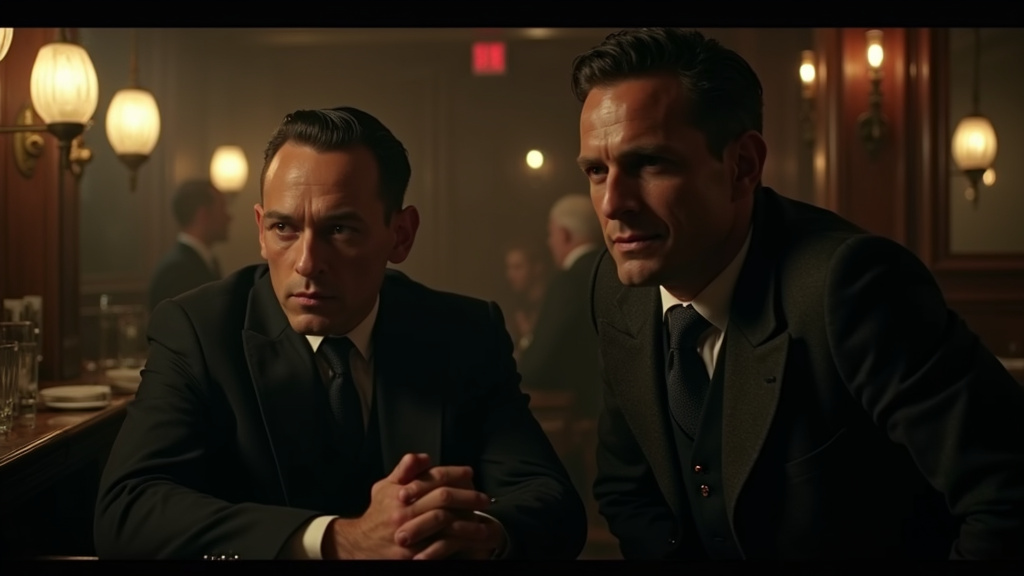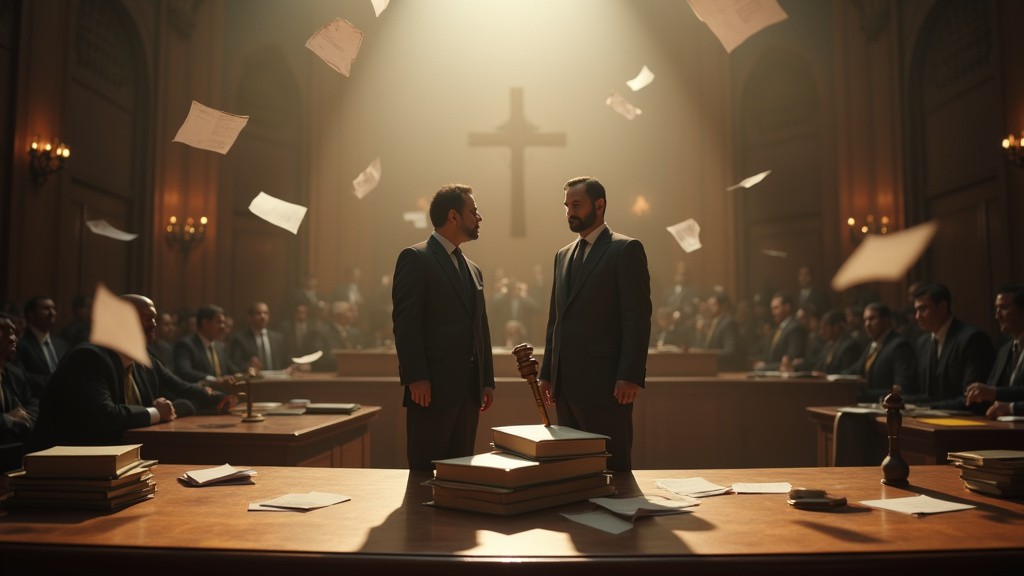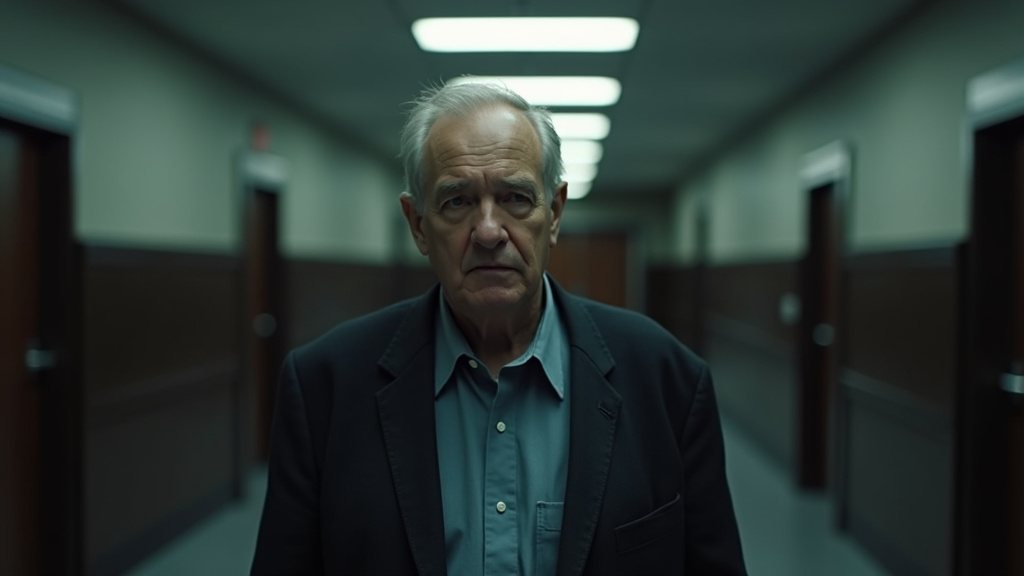Hollywood’s iconic filmmaker, Quentin Tarantino, has unveiled his next ambitious project: a debut play set to grace London’s prestigious West End. This foray into theatre, confirmed by the Oscar-winning director himself on ‘The Church of Tarantino’ podcast, holds significant implications, potentially shaping the trajectory of his highly anticipated tenth and final film.
At 62 years old, Tarantino, celebrated for groundbreaking movies like Pulp Fiction and Kill Bill, revealed that the script for his untitled stage production is complete, with work slated to commence in January 2026. The director anticipates dedicating a substantial period, estimated between 18 months to two years, to the project. This move signals a deliberate shift in his creative focus, embracing the live stage before potentially concluding his storied film career.
London Calling: A Temporary Family Affair
Initial reports suggested a full relocation of Tarantino’s family to the United Kingdom for the duration of the play’s production. However, his wife, Israeli singer Daniella Pick, later clarified on Instagram that while she and their two young children will indeed join him in London for extended periods of 2-3 weeks at a time, a permanent move is not planned. Tarantino, who has resided in Tel Aviv for several years since his marriage, emphasized his desire to prioritize family time, stating on the podcast that being present for his children is paramount, especially as they are young.
This personal consideration aligns with his previously expressed sentiment that he was in “no rush” to make his final film, preferring to wait until his son was old enough to grasp the significance of his work.
The Tenth Film Conundrum: A Play’s Influence
For years, the movie news cycle has been dominated by Tarantino’s self-imposed rule: he will retire from filmmaking after directing ten films. With Once Upon a Time in Hollywood counting as his ninth, the suspense around his final cinematic offering has been palpable. His rationale for this unique retirement strategy is to ensure his filmography concludes on a high note, avoiding the perceived decline in quality often seen in the later works of many directors.
The development of the West End play directly impacts this much-discussed retirement plan. Tarantino hinted that the success of the stage production could lead to its adaptation into his tenth and final film. This introduces an intriguing possibility: his cinematic swan song might not be an original screenplay but rather a theatrical triumph brought to the big screen. The director previously explored a stage adaptation of his 2019 film Once Upon a Time in Hollywood and staged a live reading of The Hateful Eight in 2015 after its script was leaked, demonstrating his existing comfort with the theatrical medium.
From The Movie Critic to the Stage
This theatrical detour follows the abandonment of what was widely believed to be his tenth film, The Movie Critic. Tarantino scrapped the project in 2024, citing a lack of enthusiasm due to its perceived similarity to his earlier works. He has also passed on directing The Adventures of Cliff Booth, a sequel to Once Upon a Time in Hollywood (which he wrote but David Fincher is set to direct for Netflix), expressing a desire for his final film to be uncharted territory. The move to theatre signifies his commitment to exploring new creative avenues, potentially to find that fresh, unparalleled experience for his last film.
While details about the play’s plot remain under wraps, Tarantino previously indicated it would be a comedy. The production is expected to be in front of an audience by early 2027, marking a significant event in trending entertainment news. Whether this West End venture evolves into his cinematic finale or simply serves as a prelude to a yet-to-be-revealed film, it unequivocally underscores Tarantino’s commitment to controlling his artistic legacy, ensuring his departure from filmmaking is on his own distinctive terms, away from conventional streaming and television project timelines.





